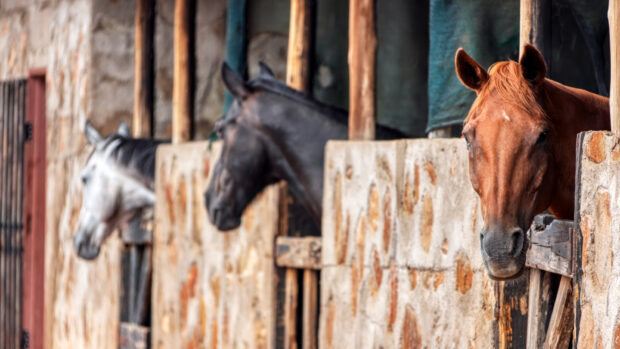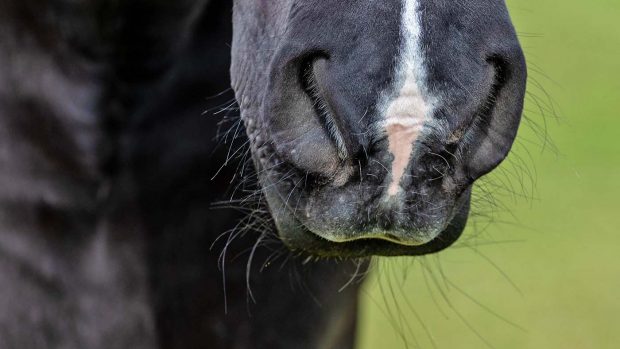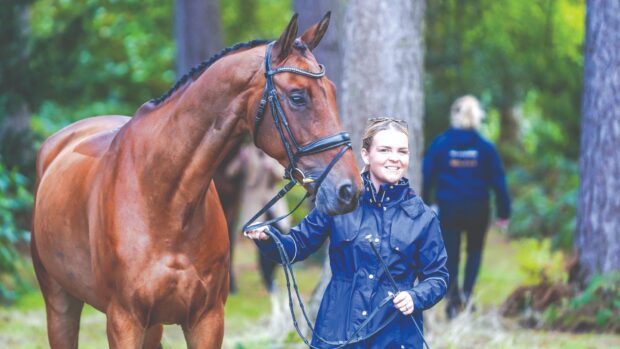The first unified concussion guidelines designed specifically for riders across all equestrian disciplines are unveiled by British Equestrian (BEF) today (Thursday, 2 March).
The six-page guidelines feature easy-to-follow information about concussion, and a “return to riding” pathway. The idea is that these give clear, up-to-date guidance, based on the latest understandings of concussion in sport, in a way that makes sense for riders and those around them, such as coaches or parents.
The launch is the first step in an awareness-raising campaign that will run throughout 2023.
BEF chief medical officer Anna-Louise Mackinnon told H&H it is “hugely important” the guidelines are aligned across the disciplines, to prevent confusion.
Dr Mackinnon added that those involved in the project have “dug deep” into the latest research and what is happening in other sports and countries to develop the guidelines.
Learnings shared at the sixth International Consensus Conference on Concussion in Sport, held in Amsterdam in 2022, played a key role in this.
“We’ve even tried to align it to the advice given out in horse racing,” she said. “Some of the educational projects we are going to be doing and developing over the next few months are completely aligned with horseracing and using much of the same material.
“From the point of view of rehabilitation and return to ride, it’s massively important [that advice is aligned across equestrian sport]. Otherwise we are just going to have riders doing all sorts of different things and everyone getting a bit confused, so it needs to be the same – and also aligned with all other sports.
“Not only have we looked at what we’ve been doing within equestrian sport, but we’ve looked at other sport – grassroots sport and the grassroots advice that will be coming out from the Government.”
The guidelines were produced in response to the Government’s concussion action plan (news, 13 January 2022). This, in turn, followed a Government inquiry that called for UK-wide protocols on dealing with head injuries and improvement in how sporting injuries are reported (news, 12 August 2022).
The overarching aim is to address concussion in sport to help reduce risks and potential long-term effects associated with head injuries.
The new BEF guidelines are aimed at participants at all levels of equestrian sport and provide detailed information on managing concussion from the time of injury to a safe return to riding.
The return to ride pathway gives specific examples of equestrian-related situations and at what stage in a person’s recovery they might be ready to return to these. For example, walking a course, grooming and yard chores. The guidelines do not replace medical advice.
BEF chief executive Jim Eyre said the member bodies have been “really engaged and are committed to the responsible management of concussions”.
“Anyone in the equestrian industry is welcome to download the guidance from our website and adopt it as their own, so we all take responsibility for our participants and their long-term wellbeing,” he added.
Ashleigh Wallace, BEF athlete health lead for the World Class Programme, is the driving force behind the project.
“Developing concussion protocols for our World Class Programme riders has
been a priority of mine, but the opportunity to use expertise, insight and knowledge – all backed up with science – to produce relevant guidance that applies to everyone is hugely gratifying,” she said.
The BEF member bodies have welcomed the news.
British Dressage sport operations manager Lou Jones told H&H: “Fortunately, serious accidents involving head injuries are comparatively rare in dressage, but we fully support this initiative and will be consulting with our organisers and officials to ensure that the guidance is followed, with appropriate measures put in place to deal with such eventualities when they do occur.”
British Eventing (BE) chief executive Helen West added that BE takes concussion “extremely seriously and fully supports the BEF” in these guidelines.
“Concussion is something we must take seriously,” she told H&H, adding that BE operates a strict medical suspension policy regarding head injuries and concussion.
“When it comes to our horses we don’t think twice about getting the right treatment and giving them time. But when it comes to ourselves we sometimes overlook this and the campaign to raise awareness of the signs and treatment of concussion can only be a positive step in the right direction.”
British Showjumping (BS) chief executive Iain Graham told H&H that BS has been involved throughout the process and is “fully supportive of the guidelines and the need to raise awareness”.
He added that it’s not just about the time people are in the competition arena, but spreading awareness of the signs, symptoms and what to do, for when people are training or riding at home.Olympic eventing team gold medallist and Badminton winner Laura Collett said this campaign is “really welcome”.
“Concussion is something we just don’t take seriously enough in equine sport. We wouldn’t think twice if it was a welfare issue with our horses, so why should we risk our own health and wellbeing?” she said. “Having experienced major brain trauma and concussion first-hand, I’d urge everyone to take the time and read the guidance, educate themselves and use the resources provided. We all have a part to play, however you enjoy horses.”
You might also be interested in:

Virtual reality headsets to be trialled in managing riding-related concussions

Equestrian world to benefit from major new push in understanding sporting concussions

5 helmets that incorporate MIPS technology
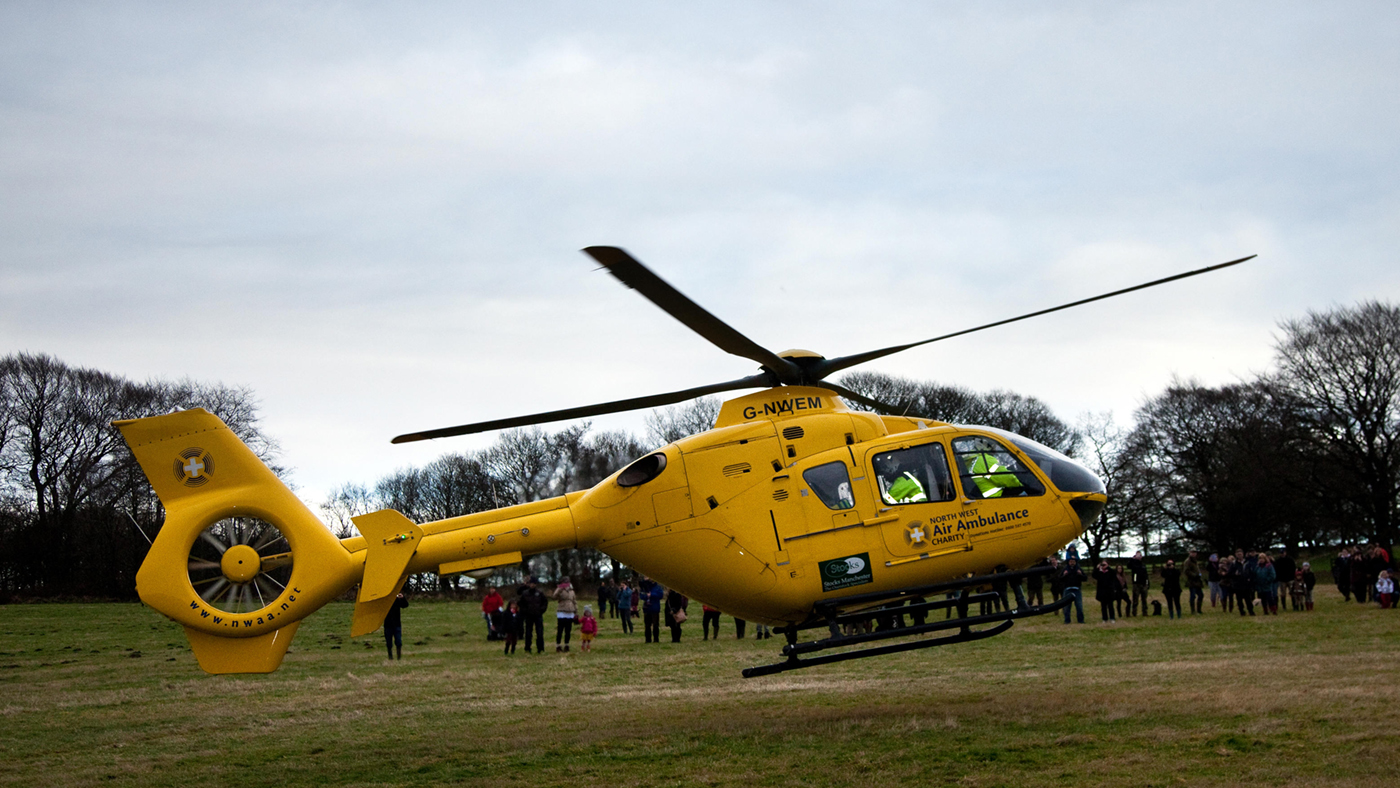
Trauma doctor shares simple life-saving actions all equestrians should know
Dr Diane Fisher spoke about the simple, potentially life-saving actions, people can take if a friend hits their head at
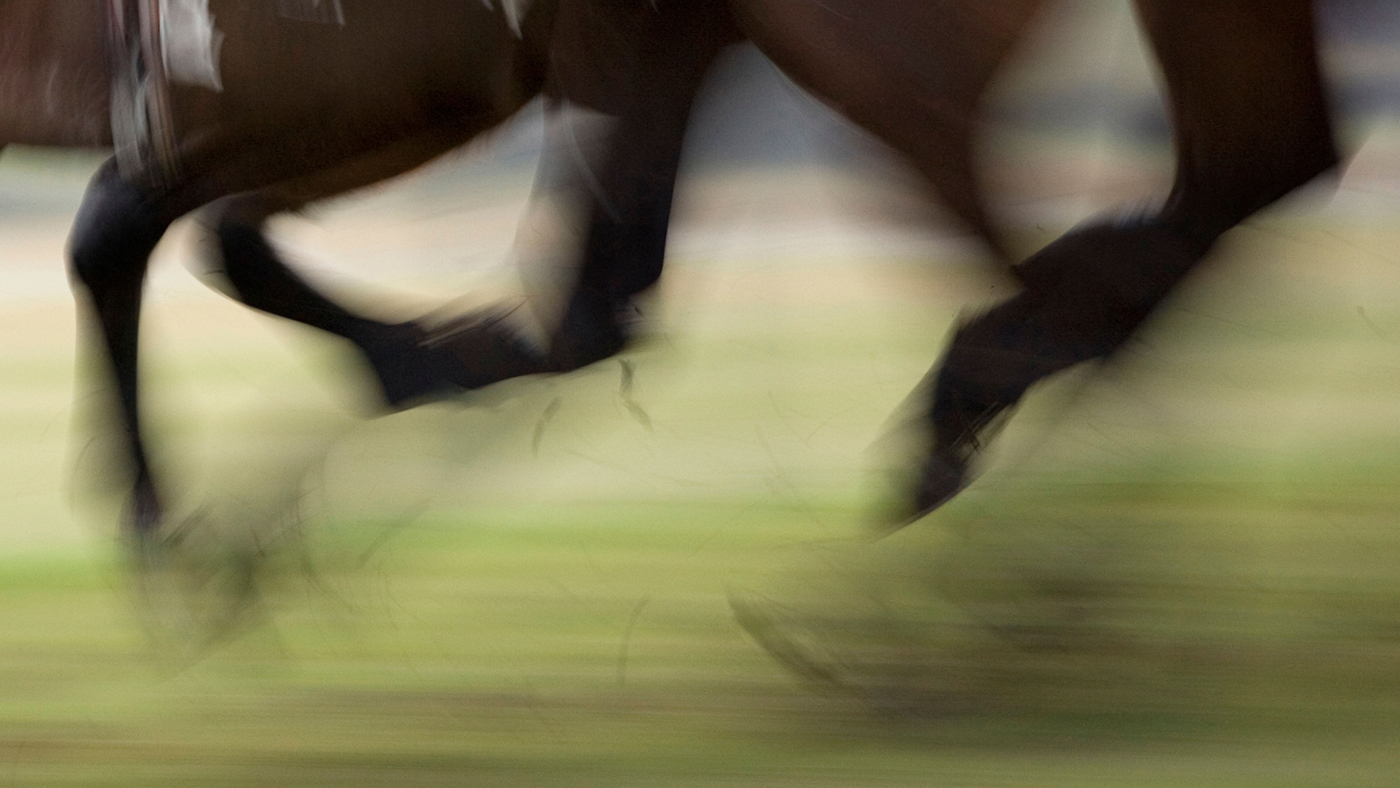
Getting riders back on board: concussion rehabilitation under the spotlight at Injured Jockeys Fund conference

Subscribe to Horse & Hound magazine today – and enjoy unlimited website access all year round
Horse & Hound magazine, out every Thursday, is packed with all the latest news and reports, as well as interviews, specials, nostalgia, vet and training advice. Find how you can enjoy the magazine delivered to your door every week, plus options to upgrade your subscription to access our online service that brings you breaking news and reports as well as other benefits.


